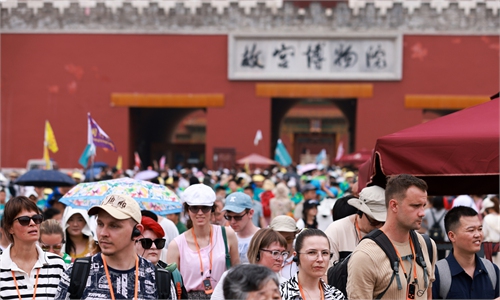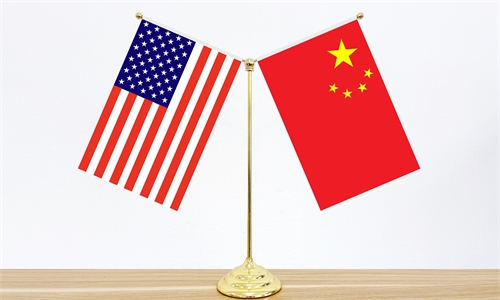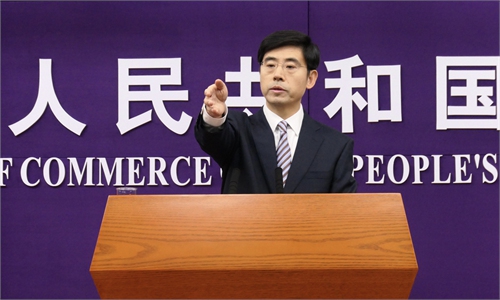China to give least developed countries zero-tariff treatment
Move will provide development opportunities: expert

Zero tariff Photo: VCG
China will give all the least developed countries with which it has diplomatic relations zero-tariff treatment for 100 percent tariff lines starting from December 1, becoming the first large developing country and major economy to announce such a policy. This underscores the country's commitment to win-win cooperation and providing new opportunities for the world through its own development.
According to a statement from the Customs Tariff Commission of the State Council in September, the treatment aims to expand unilateral opening-up to the least developed countries and achieve common development.
For products subject to tariff quota administration, goods within the quota will enjoy zero tariffs, while tariff rates on goods exceeding the quota will remain unchanged, it said.
The policy drew a positive response from companies in less developed countries at the 2nd China International Supply China Expo, held in Beijing from November 26 to 30, as it offers them greater opportunities in the Chinese market.
"We are very happy to see this policy. This will increase our collaboration [with China]," said Emma Mutijima, CEO of Phoenix Ventures, an agricultural company from Rwanda.
Mutijima said his company will consider expanding the scale of exports of agricultural products to China because of the new policy. "We have honey, coffee and chili, and all these products have high demand in China. We are trying to promote Rwandese products to the Chinese market," he said.
Companies from the Democratic Republic of the Congo (DRC) are also more eager to increase their exports, thanks to the new policy. "We have to diversify our variety of exports to China, and that's the reason why we are here," said Thythy Nsumbu Tshikala, product development and technical assistance director with the National Export Training Agency of the DRC.
China aims to help nurture the internal growth momentum in the least developed countries by driving the development of sectors like agriculture and manufacturing, said Song Wei, a professor from the School of International Relations and Diplomacy at Beijing Foreign Studies University.
Against a backdrop of rising protectionism and unilateralism in the West, China's move to actively share opportunities with other countries based on its huge market will also have a positive effect in boosting economic globalization and global division of labor, Song said.
China has been expanding its opening-up process in recent years. The country has recently removed all market access restrictions for foreign investors in the manufacturing sector in a landmark opening-up move, providing much-needed certainty and opportunities to a world economy that has been mired in sluggish growth for years.



